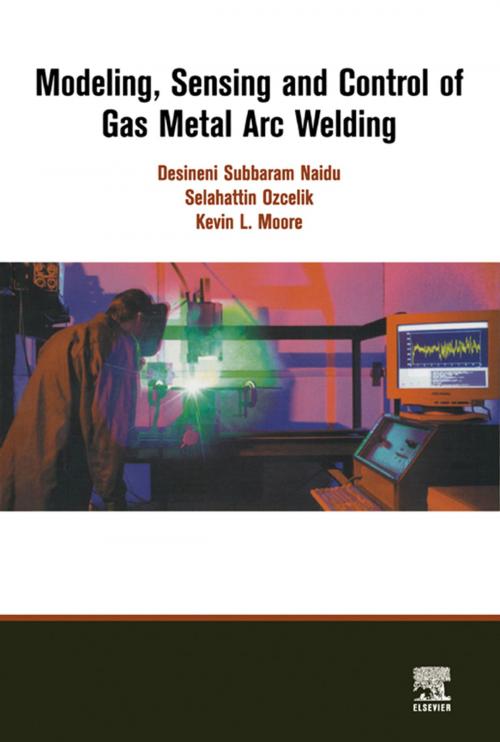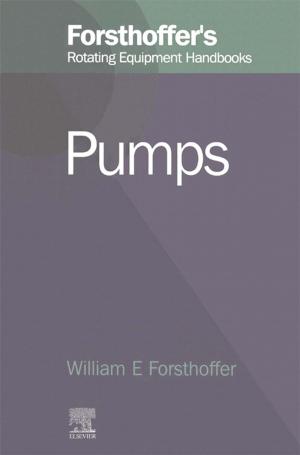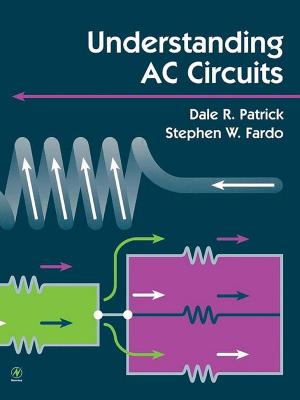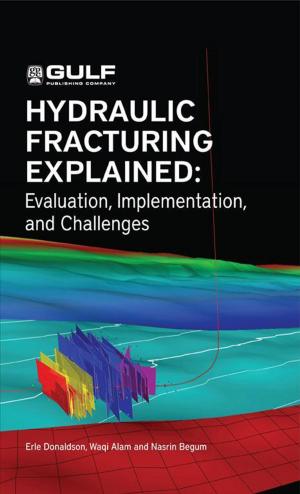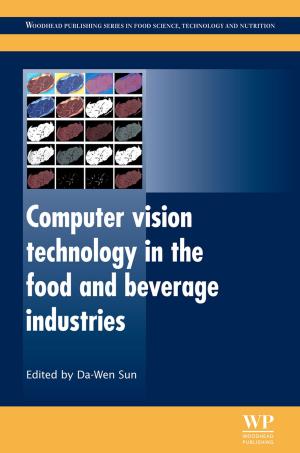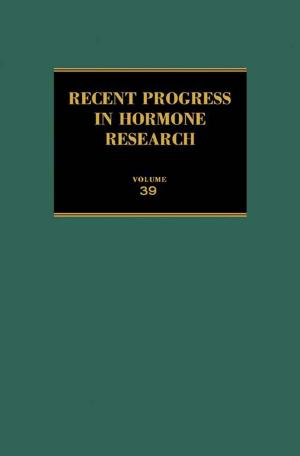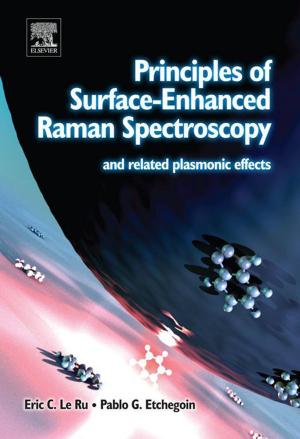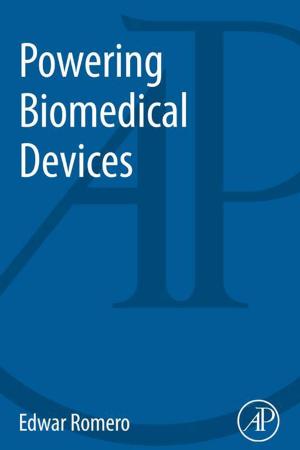Modeling, Sensing and Control of Gas Metal Arc Welding
Nonfiction, Science & Nature, Technology, Electricity, Engineering, Mechanical| Author: | S. Ozcelik, K. Moore | ISBN: | 9780080536620 |
| Publisher: | Elsevier Science | Publication: | June 11, 2003 |
| Imprint: | Elsevier Science | Language: | English |
| Author: | S. Ozcelik, K. Moore |
| ISBN: | 9780080536620 |
| Publisher: | Elsevier Science |
| Publication: | June 11, 2003 |
| Imprint: | Elsevier Science |
| Language: | English |
Arc welding is one of the key processes in industrial manufacturing, with welders using two types of processes - gas metal arc welding (GMAW) and gas tungsten arc welding (GTAW). This new book provides a survey-oriented account of the modeling, sensing, and automatic control of the GMAW process.
Researchers are presented with the most recent information in the areas of modeling, sensing and automatic control of the GMAW process, collecting a number of original research results on the topic from the authors and colleagues.
Providing an overview of a variety of topics, this book looks at the classification of various welding processes; the modeling aspects of GMAW; physics of welding; metal transfer characteristics; weld pool geometry; process voltages and variables; power supplies; sensing (sensors for arc length, weld penetration control, weld pool geometry, using optical and intelligent sensors); control techniques of PI, PID, multivariable control, adaptive control, and intelligent control. Finally, the book illustrates a case study presented by the authors and their students at Idaho State University, in collaboration with researchers at the Idaho National Engineering and Environment Laboratory.
Arc welding is one of the key processes in industrial manufacturing, with welders using two types of processes - gas metal arc welding (GMAW) and gas tungsten arc welding (GTAW). This new book provides a survey-oriented account of the modeling, sensing, and automatic control of the GMAW process.
Researchers are presented with the most recent information in the areas of modeling, sensing and automatic control of the GMAW process, collecting a number of original research results on the topic from the authors and colleagues.
Providing an overview of a variety of topics, this book looks at the classification of various welding processes; the modeling aspects of GMAW; physics of welding; metal transfer characteristics; weld pool geometry; process voltages and variables; power supplies; sensing (sensors for arc length, weld penetration control, weld pool geometry, using optical and intelligent sensors); control techniques of PI, PID, multivariable control, adaptive control, and intelligent control. Finally, the book illustrates a case study presented by the authors and their students at Idaho State University, in collaboration with researchers at the Idaho National Engineering and Environment Laboratory.
